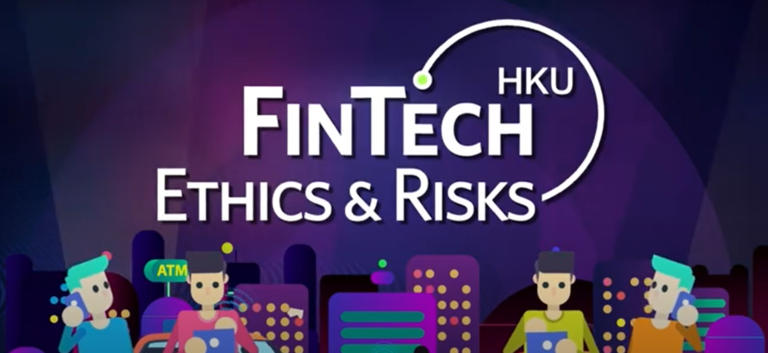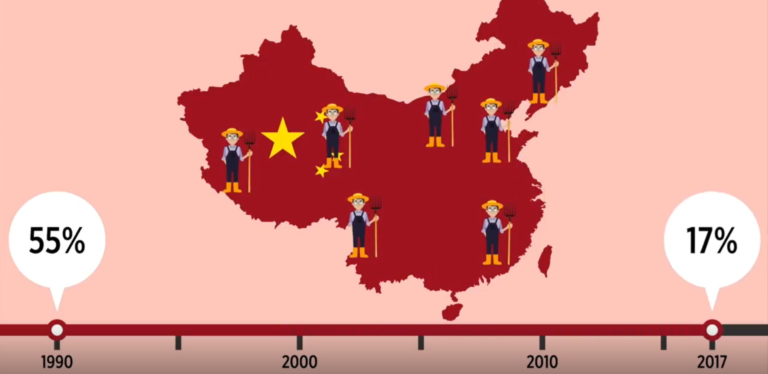Transcript
The fifth and final key ethic principle that we will discuss throughout the book is privacy. The debates waging around the world around the concept of privacy are the amalgamation of all the concepts we discussed here, including trust, proximity, accountability, and cultural lag. Privacy is one of the key issues of our time and is something that we need to start thinking much more deeply about.
Among all the other problems already discussed, Wells Fargo also experienced privacy and data breaches. For example, in 2017 Wells Fargo accidentally sent out 1.4 gigabytes of files containing personal information of about 50,000 of its wealthiest clients, including social security numbers and personal financial data.
Luckily, that data breach was fairly limited in its reach, but what if the data got shared on the web for all to see? Who specifically should be held accountable for such a breach? That’s a surprisingly hard question to answer.
Questions relating to the right to privacy are not new. But with the advent of smartphones, facial recognition software, machine learning, and other FinTech innovations, our right to privacy in a traditional sense is diminishing rapidly.
For example, people are increasingly worried about the possibility of being tracked by their smartphone hardware. And many common apps have been breached exposing our private personal information.
For example, Facebook has been embattled over the past couple of years for concerns relating to privacy. As one of the most actively used social media platforms in the world, Facebook is accused of allowing private customer information to be used for several unwelcome activities. They have even been accused of allowing their platform to covertly influence political elections.
Other new technologies, such as voice recognition products and wearable devices, have people worried about who is listening to and possibly recording their private conversations.
Just think about it: on a daily basis the majority of us click “I Accept” on so many websites without actually reading the terms and conditions that we are desensitized to the fact that these are actually real legal agreements. If we as a society are going to take privacy seriously, we need to consider the moral and legal implications in a practical context – and ensure that we are clear on what rights we are giving away.
Maintaining a balance between privacy and profitability in the commercial sector, or security in the public sphere, is an increasingly important challenge.
Has the age of privacy in the traditional sense already ended? Have we already given up so much data via social media and smartphones that there is no turning back? And should the race to create sentient AI, which requires massive amounts of data, take precedence over personal privacy? These questions and many more will be discussed throughout the book, and we look forward to hearing your thoughts on how to best navigate these tricky privacy waters.
Discussion Questions
-
Should we give up privacy for technological advancement?
And should the race to creating sentient AI, which requires massive amounts of data, take precedence over personal privacy?
Additional Readings
- Kovaleski, S. F., & Cowley, S. (2017). Wells Fargo Accidentally Releases Trove of Data on Wealthy Clients. The New York Times. Retrieved from https://www.nytimes.com/2017/07/21/business/dealbook/wells-fargo-confidential-data-release.html







